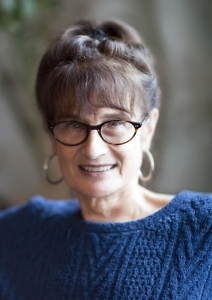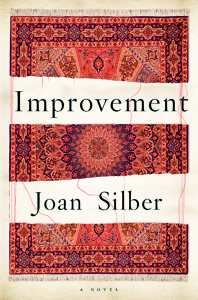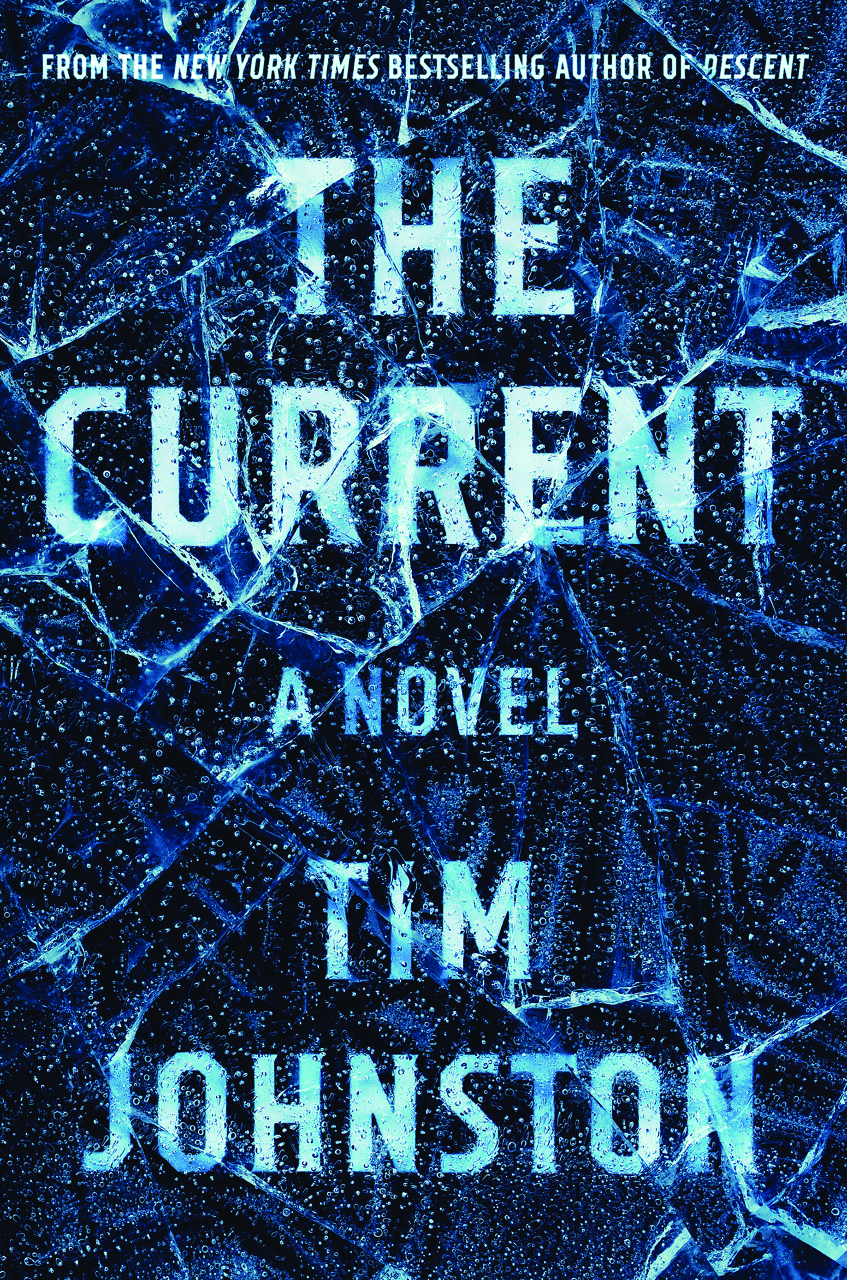Love Is Not Enough
In Joan Silber’s Improvement, women cope with the aftermath of self-made catastrophes
The eight interlinked chapters of Joan Silber’s Improvement follow a dozen characters over four decades on three continents, but each story revolves around a single question: how to keep living after your plans have crumbled to dust. Silber structures her novel in a circle (a pattern similar to that of Arthur Schnitzler’s La Ronde), where a minor figure in the disaster of one episode becomes the creator of her own calamity in the next. The novel eventually loops around to the start, presenting the initial protagonist with a new moral dilemma. This structure seems to suggest that, though new problems continually befall us, it is possible to find a path through the rubble.

Silber’s characters, most of them women, live on the margins, with little room for error or misfortune. They are cautious, vigilant against mistakes, fully aware that heartbreak and destitution loom. Still, they find themselves pulled—often by their hearts; at other times by forces they don’t understand—into circumstances that are destined for failure.
Reyna, the only protagonist to narrate her own chapters, lives illegally in a Harlem housing project and dates a man in Rikers Island Prison for dealing marijuana. “I was perfectly aware,” she admits, “that some part of my life with Boyd was not entirely real.” Her knowledge of their relationship’s ephemerality does nothing to diminish the “pangs of adoration” she feels for Boyd. As Reyna puts it, “A person can know several things at once.”
The novel’s complex weaving of motivation and incident does not lend itself to simplistic moralizing, but one clear message emerges from the pain of romance gone awry: many women invest too much emotional energy in men. Reyna, who works at a veterinarian’s office, notices an advertisement for a dog trainer, “New Puppy? Love Is Not Enough.” Having endured several disappointing love affairs at a young age, she agrees. “This was about dogs needing to be taught how to live with humans,” Reyna says, “but I always thought of it as a more universal warning, a reminder of limits.”
Before Reyna tells her story of being dragged into an ill-fated criminal scheme, she relates the exotic tale of her Aunt Kiki, a free spirit in the ‘70s who whimsically decides to move to Turkey and winds up married to a Persian rug dealer from Cappadocia. After almost a decade on a rustic farm, she returns to New York, broke and alone.
Kiki provides the ethical core of the novel, voicing its hard-won knowledge, the Socratic kind that identifies itself as ignorance. She neither complains nor expresses regret over the past. Even later, when Silber gives a more detailed account of her Turkish years, Kiki remains a mystery, especially to herself. She considers leaving her husband to join three young Germans who are scouring the region for antiques to smuggle into Europe: “Was she someone who could take off, just like that, on a reckless and interesting escapade?” What she learns, as do Silber’s other characters (including those itinerant Germans), is that identity cannot be defined only by concrete choices. We are what we do.
 Improvement addresses other truths, as well, many of them about the world’s asymmetrical justice. As a minister puts it with regard to King David, “nobody gets away with anything”—not even the hero of the Israelites. And if God’s anointed is punished for his sins, consider how swiftly retribution will come for us peons. On the other hand, good deeds won’t be rewarded, at least not proportionally: “It’s just a big mistake to think you ever get paid back what you deserve in this world,” a middle-aged character remarks, choosing resignation over rage.
Improvement addresses other truths, as well, many of them about the world’s asymmetrical justice. As a minister puts it with regard to King David, “nobody gets away with anything”—not even the hero of the Israelites. And if God’s anointed is punished for his sins, consider how swiftly retribution will come for us peons. On the other hand, good deeds won’t be rewarded, at least not proportionally: “It’s just a big mistake to think you ever get paid back what you deserve in this world,” a middle-aged character remarks, choosing resignation over rage.
Such wisdom is rare among Silber’s characters, who are generally impervious to guidance. When Kiki cautions her niece about continuing a romance with a convict, Reyna rejects her counsel: “Why would I take advice from a woman who slept every night alone in her bed, cuddling up with some copy of Aristotle? What could she possibly tell me that I could use?”
Reyna’s rhetorical question has a real answer: Kiki’s mistakes grant her greater insight and perspective. But, as this novel makes clear, we are doomed to make our own mistakes. Kiki encourages Reyna to read the Stoic philosopher Marcus Aurelius. “He’s all about being calm, guarding your mind,” Kiki says. Reyna, typically, thinks she has already attained objectivity: “I’m so cool I don’t need” Marcus Aurelius. “The man could learn from me.” From that moment, the stopwatch is ticking on her downfall.
The centrifugal momentum of Silber’s tales pushes Improvement away from conventional resolutions, thus avoiding the tidy endings of tragedy and comedy. While these characters enjoy no generic happy ending (a contrivance that would feel false in a novel of such finely observed realism), neither are they crushed beneath the wheel of an annihilating Fortune. They make difficult decisions and learn to live with the consequences, joy and bitterness mixed equally. Ultimate success may be unreachable and undefinable, but with honest self-assessment and maybe a little luck, improvement remains possible.

Sean Kinch grew up in Austin and attended Stanford. He earned a Ph.D. from the University of Texas. He now teaches in Nashville.


